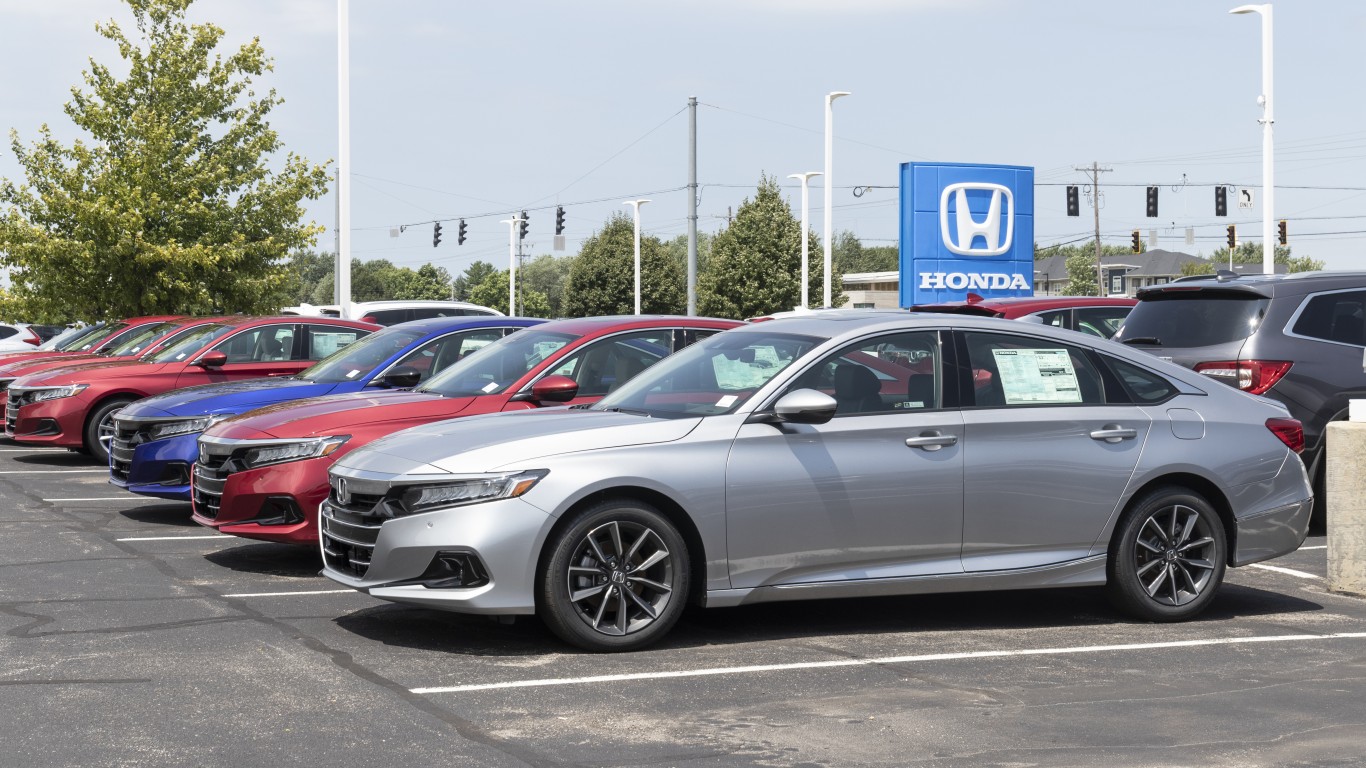
One of the most popular mid-size sedans on the road today, the Honda Accord needs no introduction. This hugely popular car has been around since 1976 in various capacities. What started as a compact vehicle became a mid-size reliability superstar beginning in 1989. Since then, the Honda Accord has continued to impress.
Selling 197,947 vehicles in 2023, the Accord and the Toyota Camry are arguably the best midsize sedans on the market today. Unfortunately, big sales don’t always translate to solid reliability as not every Accord model year has been perfect.
Avoid: 2002
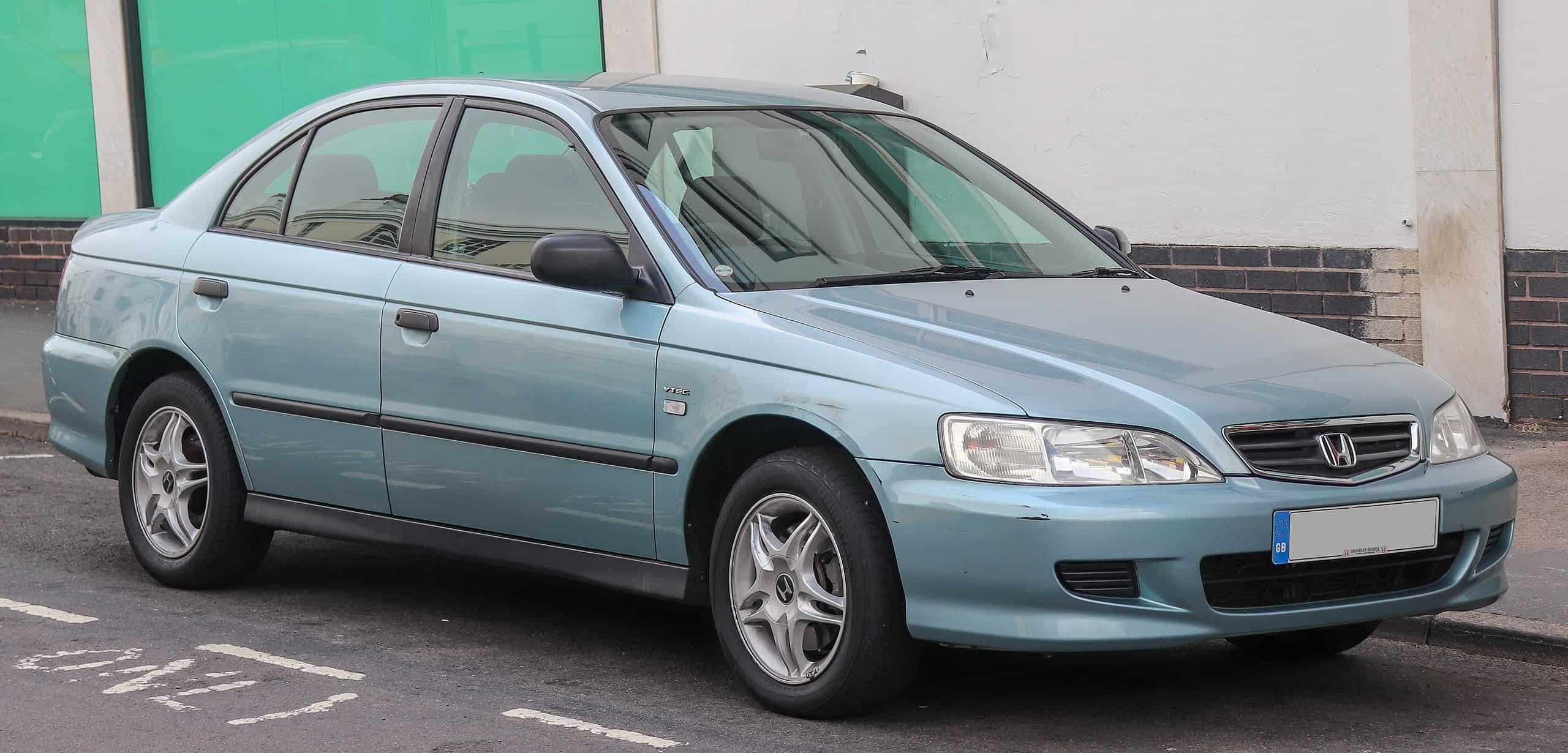
Coming out of a bad year in 2001, the 2002 Honda Accord really struggled. Over 1,057 NHTSA (National Highway Transportation & Safety Administration) were filed by Accord owners. At the top of the list of complaints were issues related to transmission problems. Specifically, the 2002 Accord’s transmission would slip and miss gear shifts. On top of that, transmission failures were also fairly prevalent.
Transmission issues aside, airbag issues were another common problem. Among the 16 recalls associated with the 2002 Accord, multiple were related to the driver’s frontal airbag exploding. Unfortunately, at least two deaths were related to these airbag issues, which makes this a model year to 110% avoid.
Avoid: 2003

Widely considered the second worst year for the Honda Accord, NHTSA complaints totaled 2,001. Unfortunately, transmission issues remained the most common problem, with 588 complaints specifically targeting this concern. Between transmission failure or slipping, it’s hard to give the 2003 Accord any kind of recommendation.
On top of transmission issues, brake, airbag, and drivetrain problems all bubbled to the top. As far as 7th generation Honda Accord models go, the 2003 is the one you need to avoid. Considering this model had over 24 recalls with over half related to airbag explosions, stay far away.
Avoid: 2008
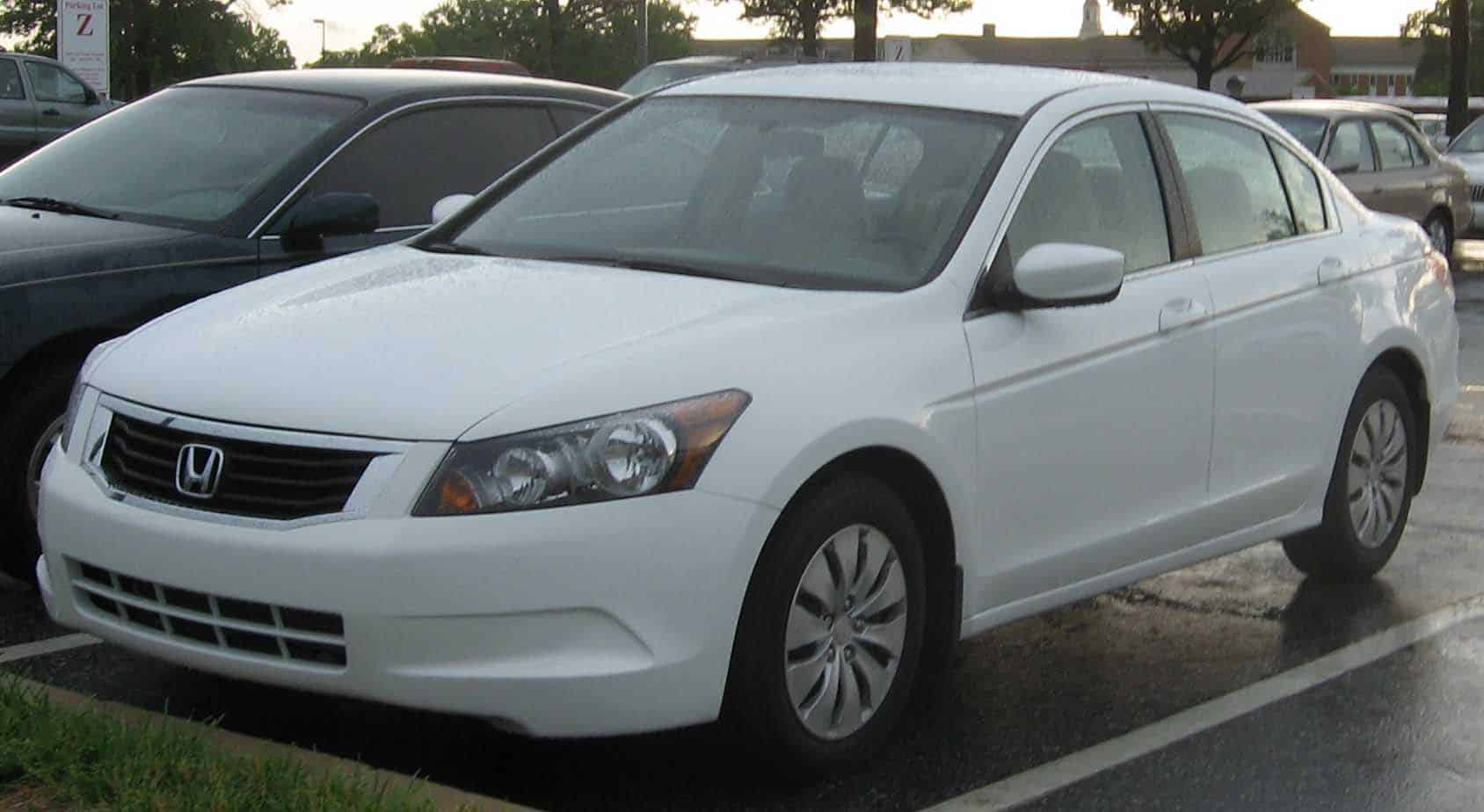
Easily the worst year in the history of the Honda Accord, 2008 is a painful memory for Honda. Over 1,700 NHTSA complaints exist for this model year, as well as 9 recalls in total. At the top of the list, with 591 NHTSA complaints and counting, premature brake wear dominated owner concerns. With an average repair cost of at least $230, it’s an issue Accord owners can avoid by skipping this model year.
When you also consider the 2008 model has 394 complaints related to airbag issues with at least one death attributed, it’s hard to give the 2008 Accord any kind of positive mention. Of course, the airbag is mentioned multiple times out of the 9 recalls, which further validates that the 2008 model year is one to avoid at any price.
Avoid: 2009

The good news is that 2009 was a much better year than 2008. If you wanted to have hope for 2009 because of some interior revamps including improved materials and more standard equipment, you should not have high expectations. Unfortunately, this year continued concerns over airbag explosions. Over 148 out of the 800 total NHTSA complaints were specifically related to this issue. Unsurprisingly, out of the 11 recalls issued for the 2009 Accord, many also related directly to airbag explosion concerns.
Other issues for this model year pop up around the engine and braking. A total of 247 separate NHTSA complaints are related to both premature brake wear and hydraulic issues related to the brakes. For the engine, you have excessive oil consumption troubles at the top of the 2009 concern list.
Avoid: 2013
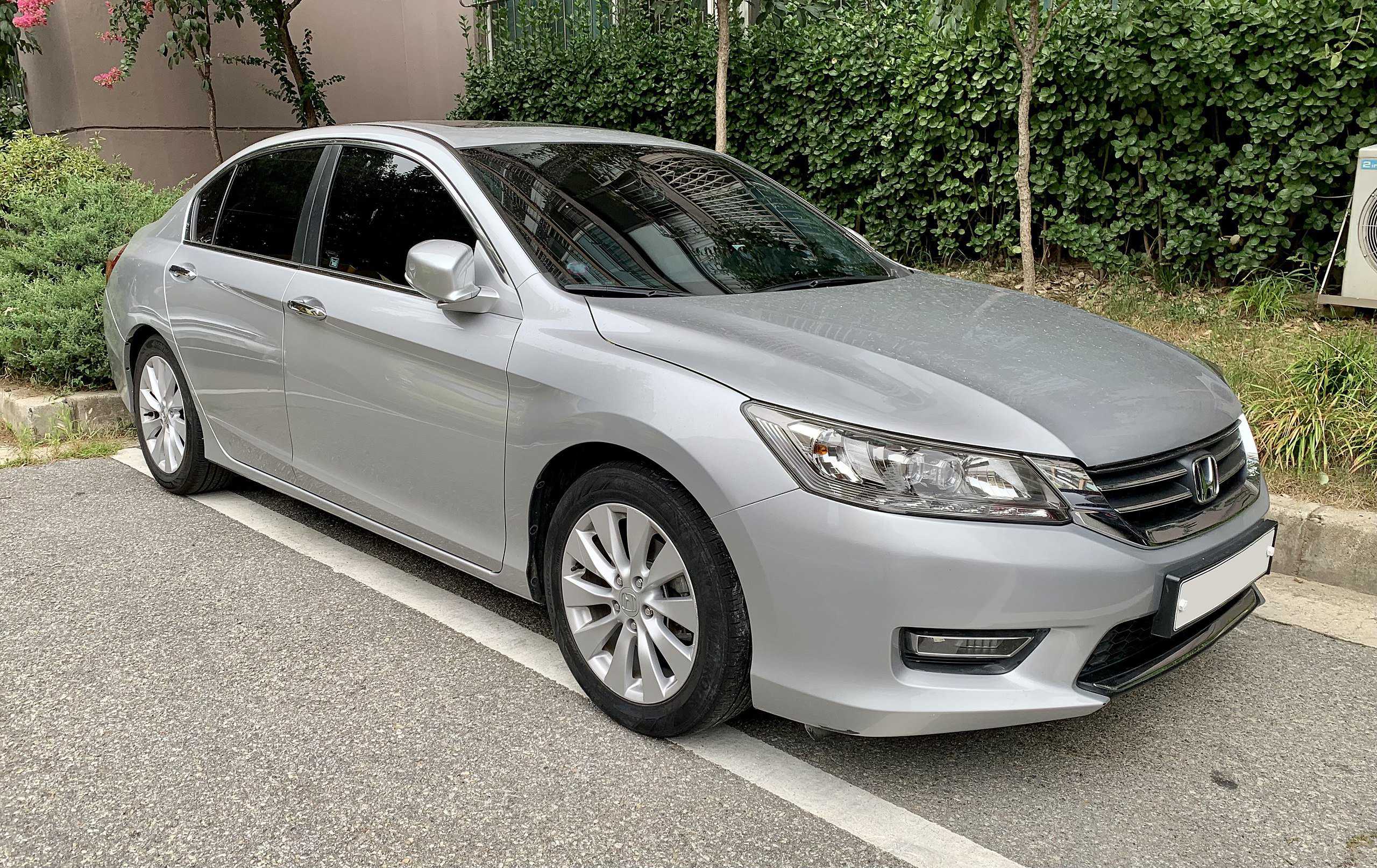
The good news is that after 2013, the Honda Accord began to turn things around. The bad news is that 2013 is a model you still want to avoid. Well over 1,000 NHTSA complaints were filed this year. Primary concerns were related to steering, specifically, power steering failing while driving. As this was a serious concern, it hurt any potential recommendations for the 2013 model year.
The next biggest issue with the 2013 Accord was related to electrical problems. At least 4 fires have been attributed to electrical problems with the vehicle and 6 injuries. Fortunately, no deaths have been tied back to anything electrical, but it remained a clear issue for this model year. Of the recall issues, a “battery sensor may short” was on the list indicating it increases the risk of a fire.
Own: 2006
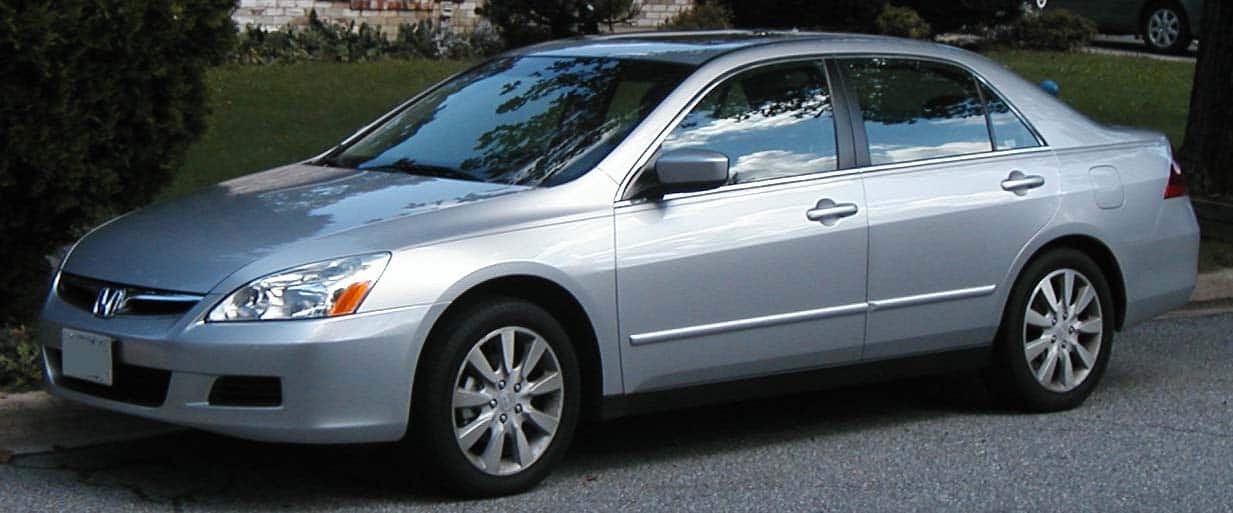
As the first real excellent year for the Honda Accord, 2006 was an easy recommendation. You have a hefty drop in NHTSA complaints from years prior. In fact, the 2006 model even received the CarComplaints “Seal of Pretty Good,” which was nothing to ignore. While transmission issues still hung around in 2006, the overall volume of NHTSA complaints concerning this matter dropped.
On top of dropping NHTSA complaints, the 2006 model year added new active safety features. Consumer Reports praised the 2006 model’s ride and handling, as well as the four-cylinder engine. While the V6 engine was believed to be smoother, the four-cylinder had better overall MPG ratings. Overall, you should feel comfortable picking up a used 2006.
Own: 2011
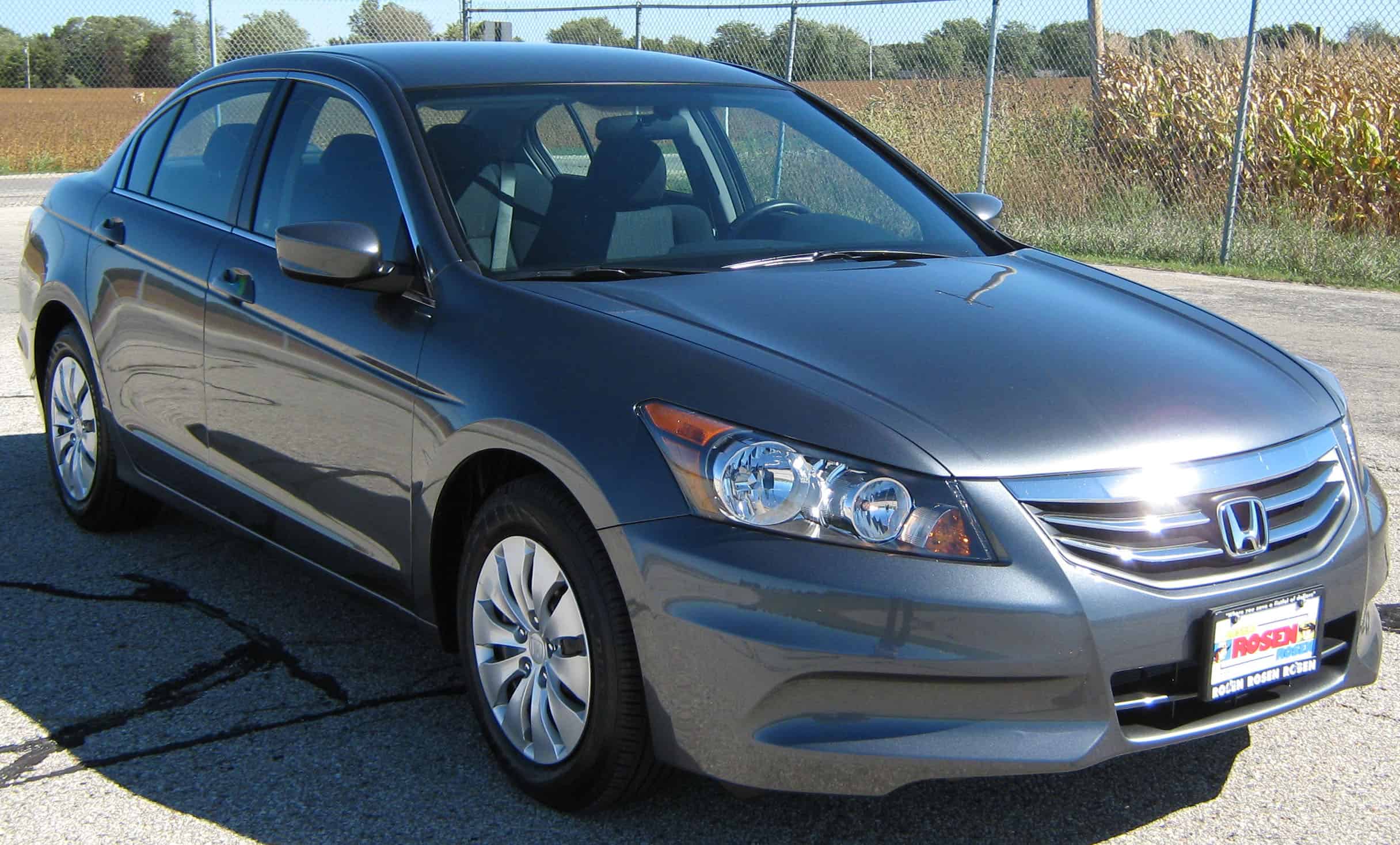
With multiple “Great” scores from J.D. Power in 2011, this year’s Honda Accord was starting to show the signs of reliability Accord customers are now used to. Both Quality and Reliability, as well as the Driving Experience, are praised by J.D. Power. Of course, it’s not J.D. Power alone praising the 2011 Accord, as it also received the “Seal of Pretty Good” from CarComplaints.
Overall, there was a pretty significant drop in NHTSA complaints and recalls from years past. Only a few hundred NHTSA complaints were a surprisingly solid number for most vehicles and helped provide 2011 with an “Own” recommendation. The 2011 model isn’t perfect, as revamped seating was largely seen as uncomfortable by many Accord buyers.
Own: 2017
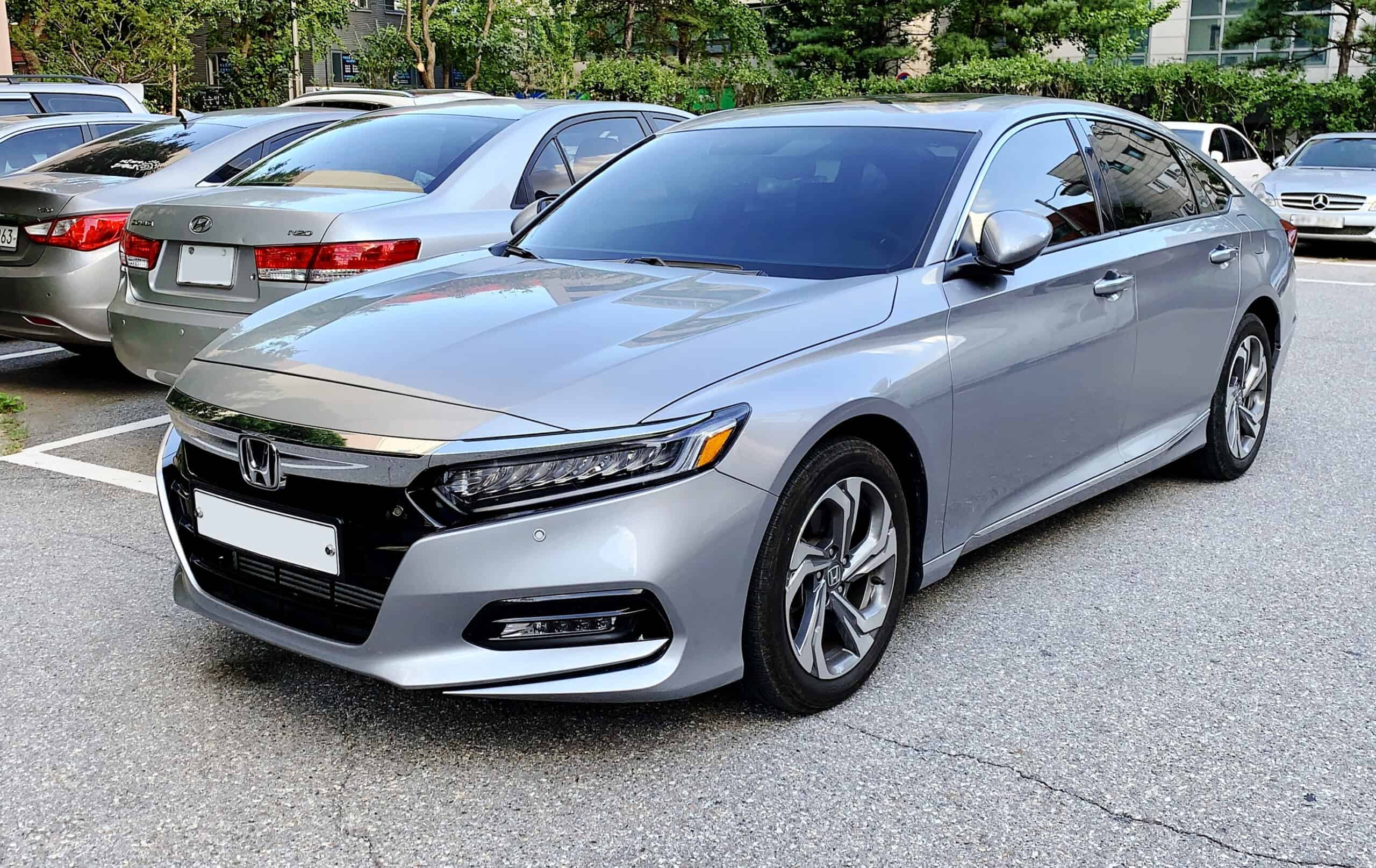
The ninth-generation 2017 Honda Accord offers dramatic improvements as far as reliability. J.D. Power gives quality and reliability one of the highest scores in Accord history, while the total vehicle receives a score of “Great.” Best of all, FIXD indicates that 2017 is a terrific model year as most of the yearly costs are focused on maintenance and not repair.
This means oil changes, tire rotations, and other typical costs you can expect related to car ownership. In addition, the 2017 received better gas mileage as well as heightened safety measures. Scoring a 5 out of 5 on NHTSA crash reports, the Accord is showing signs of why it’s now recognized as one of the best mid-size sedans available today.
Own: 2019
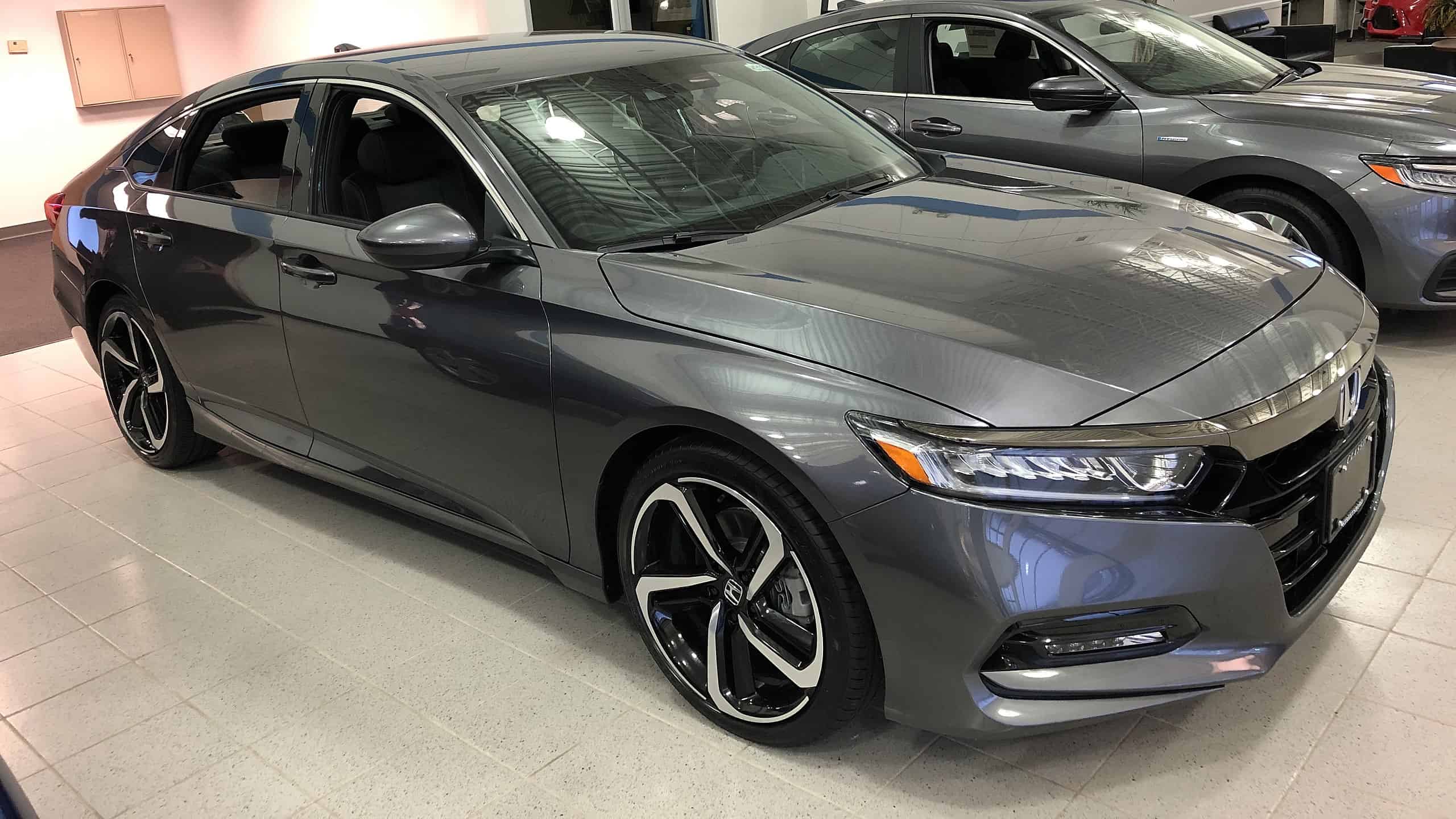
Fast forward to 2019 and once again you have some outstanding NHTSA crash scores. With a 5 out of 5 from NHTSA, the Accord showed why it’s such a beloved vehicle. Better yet, NHTSA complaints dropped significantly from a decade ago. Where you saw thousands of complaints 10 years prior, you’re now in the low hundreds. Braking issues were noted as a concern in 2019, but the issue was pretty limited to a small number of vehicles.
With a Top Safety Pick rating also arriving from IIHS, it’s hard to ignore the reasons to buy the 2019 Honda Accord model year. When you consider J.D. Power gave the driving experience for the Honda Accord one of its best scores in years, it just underscores why this model year is so fondly remembered.
Own: 2021

The 2021 Honda Accord model year was an easy recommendation with top-notch ratings from J.D. Power around driving experience and reliability. Where things got interesting with the 2021 model is that NHTSA complaints were less than 60. This is one of the best numbers the Accord has seen since its inception. Braking problems stand out among NHTSA complaints, but it still just accounts for 11 complaints in total.
With a 30 MPG total rating on gas, the Accord stands out in the mid-size pack for value and reliability. As the 2021 model year lease expires for many people in 2024, recommending this vehicle is easy. Between the resale value, driving experience, and safety ratings, it’s hard to ignore the total package the 2021 Honda Accord provides.
Thank you for reading! Have some feedback for us?
Contact the 24/7 Wall St. editorial team.




